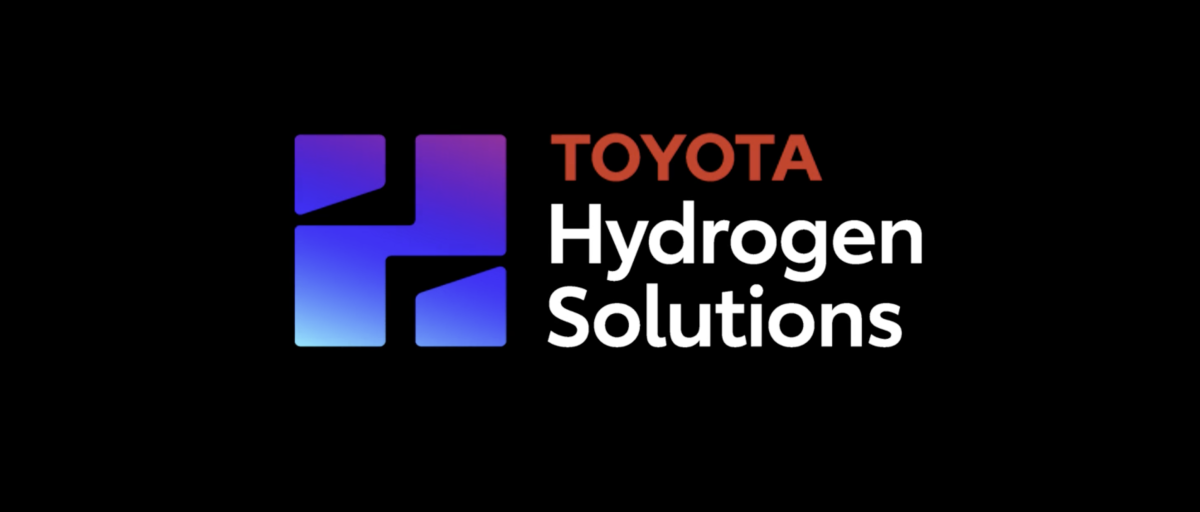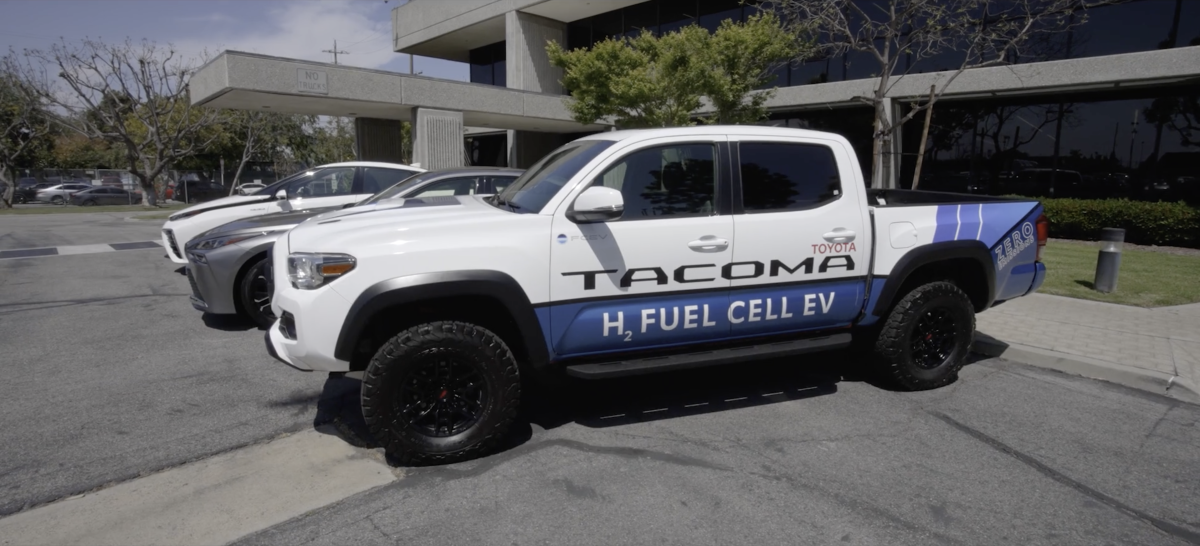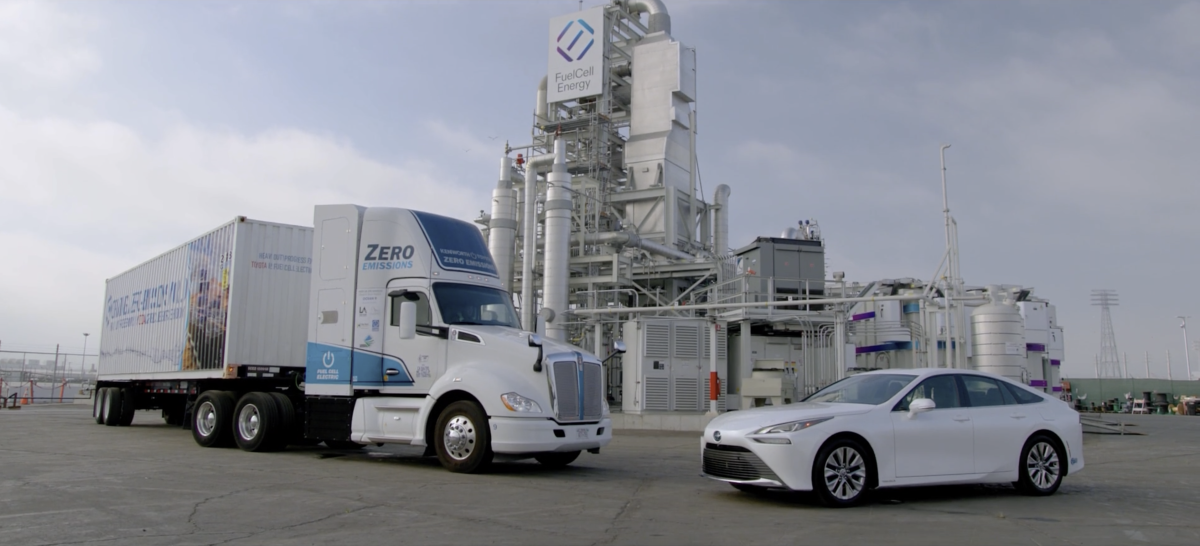While most automakers are doubling down on battery-electric cars, Toyota continues to chart its own course, one that keeps hydrogen fuel cells at the center of its long-term strategy. The company calls this approach “multi-pathway,” a philosophy that embraces hybrids, plug-in hybrids, battery EVs, and hydrogen together rather than treating one technology as the universal answer.
Toyota’s leadership has said repeatedly that hydrogen is the missing piece for achieving zero emissions in areas where batteries face limits, especially in heavy transport, industrial use, and high-demand fleet operations. The brand believes hydrogen could begin to replace diesel within the next decade, giving the technology both environmental and commercial potential.

Why Hydrogen Still Makes Sense
For Toyota, the appeal of hydrogen lies in its practicality. Refueling takes minutes rather than hours, and fuel cells deliver consistent range without the weight penalty of large battery packs. That makes hydrogen ideal for long-distance trucks, buses, and even stationary power systems.
It’s also an insurance policy. As global regulations evolve, Toyota wants flexibility across technologies and regions. While battery infrastructure expands in urban centers, many parts of Asia and the Middle East are investing in hydrogen pipelines and fueling networks. Toyota’s Mirai sedan, now in its second generation, remains a low-volume pioneer but acts as the company’s real-world test bed for scaling the technology.

Building the Ecosystem
The challenge for hydrogen has never been the vehicles themselves, it’s the infrastructure. Joseph, one of our contributing writers, highlights how innovative refueling technologies could cut costs and make hydrogen stations more compact, a development Toyota and its partners are watching closely.
To accelerate progress, Toyota has invested heavily in hydrogen research hubs, including its new “H2HQ” in California and a $139 million joint venture factory in Chengdu, China. These facilities will produce next-generation fuel cell stacks designed to be cheaper and longer-lasting, key steps to closing the cost gap with battery EVs.
Other automakers are beginning to follow suit. BMW’s upcoming X5 fuel cell model could help normalize hydrogen vehicles in mainstream markets. Toyota welcomes this competition, arguing that a larger ecosystem of hydrogen manufacturers and refueling providers will benefit everyone in the long run.

Why It Matters
Toyota’s persistence with hydrogen is about timing. Battery EVs dominate headlines, but they also face bottlenecks in charging infrastructure, mineral supply chains, and range limitations for heavy vehicles. Hydrogen, Toyota argues, can fill those gaps and serve industries that can’t easily electrify.
For now, hydrogen remains a niche bet, but Toyota sees it as the backbone of its next 20 years of carbon-neutral mobility. Whether powering trucks, ships, or factories, the company’s conviction is clear, that battery-electric cars may lead the present, but hydrogen will define the future.
via Autoblog https://ift.tt/Y2FAOzE
October 11, 2025 at 08:52AM
